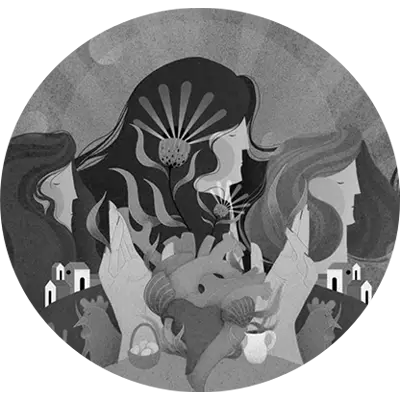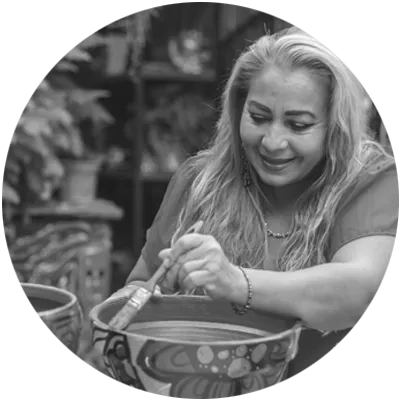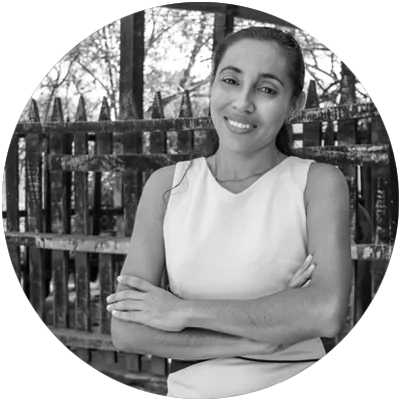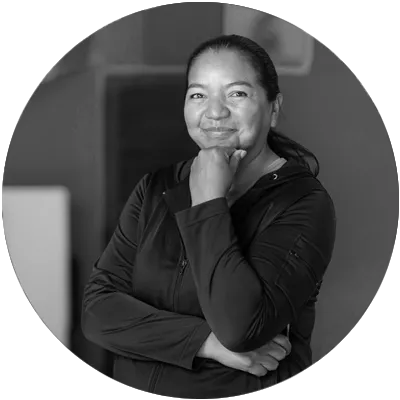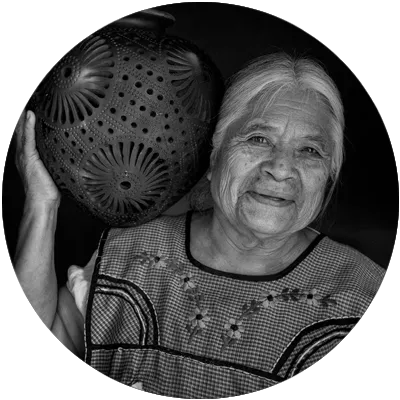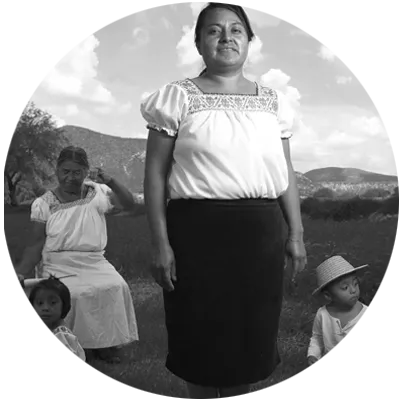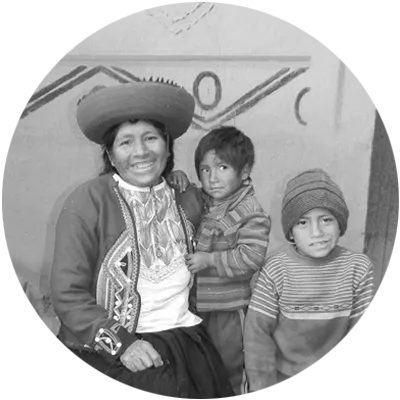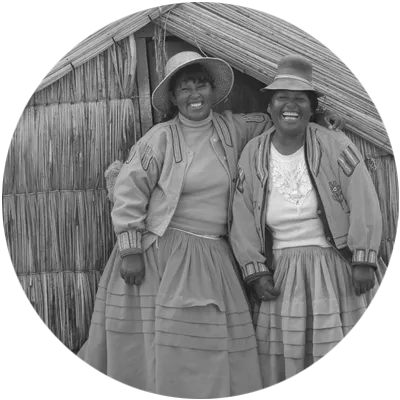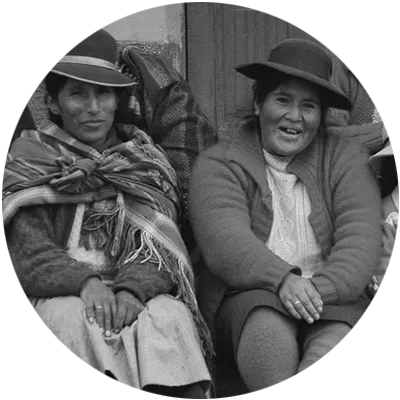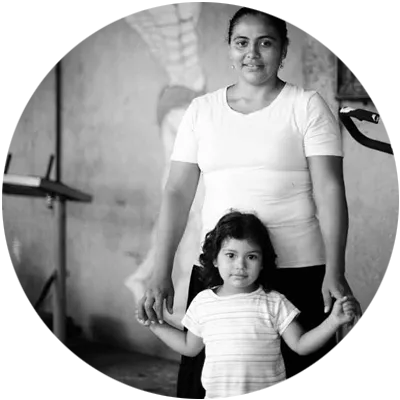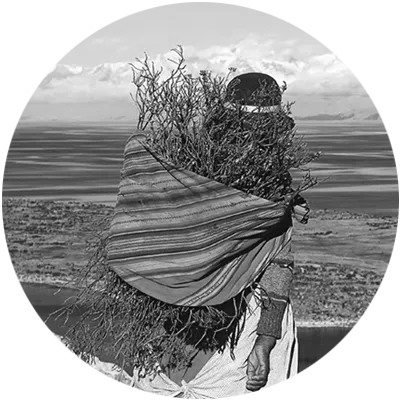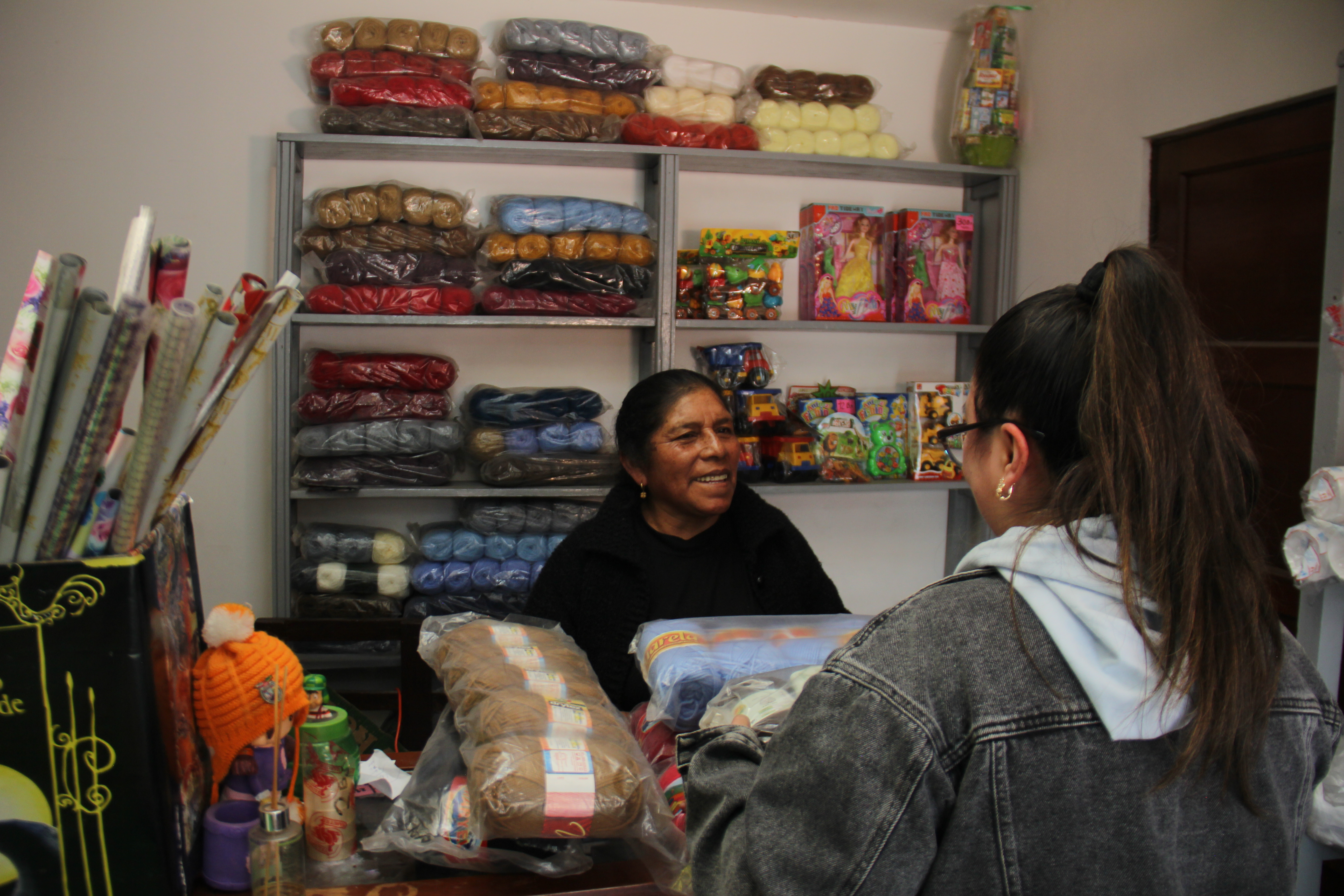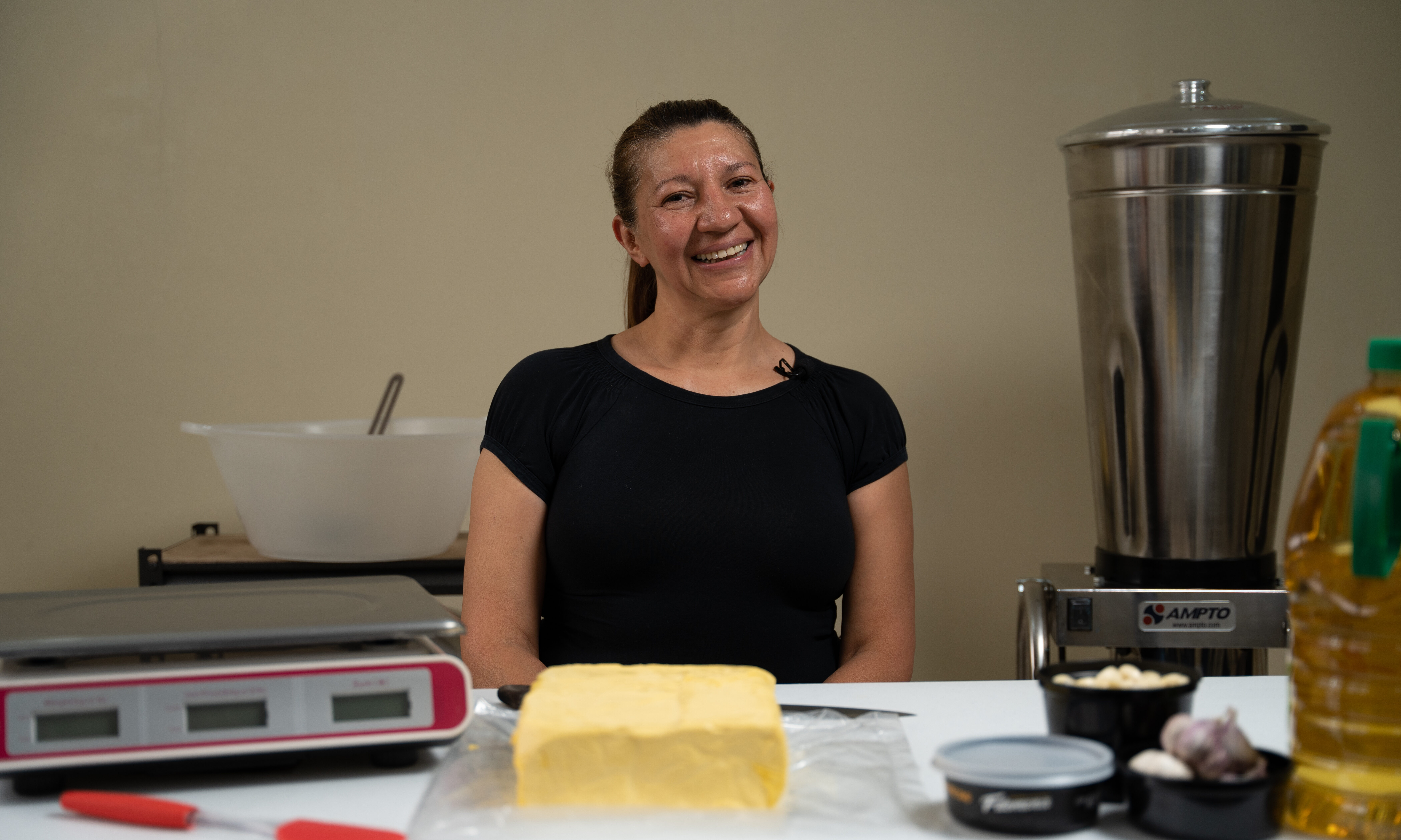By | Oikocredit
Women are at the heart of our communities, yet they continue to face a broad range of economic and social barriers. They have fewer opportunities for economic participation than men, lower access to basic and higher education, and they face greater health and safety risks.
Investing in women has been at the core of Oikocredit’s mission since our founding in 1975. That’s in line with our vision of a just society. We work closely with many partners who have a majority of women customers and help them expand their capabilities. Alongside, we recognise and advance the case that women need to present at the decision-making table.
The case for financial inclusion
The global gender gap stands at 68.4 per cent, according to the World Economic Forum’s 2023 analysis of 146 countries. The report measured gender parity on four fronts, including economic participation and opportunity, education, health and survival, and political empowerment. At current rates of progress, closing the gap will take an estimated 131 years.
Research shows that women’s financial inclusion improves economic conditions for her family and for communities as a whole. Women tend to contribute larger portions of their income to household consumption than their male counterparts, the International Labour Organisation reports. Expanding women’s financial inclusion therefore also benefits households, communities and society.
When women fully participate in the economy, tangible results include job creation, innovation, improved productivity and sustainable economic growth, as well as delivering on women’s human rights. By one measure alone, advancing gender equality can increase gross domestic product (GDP). According to the European Institute for Gender Equality, per capita GDP could rise from 6.1 per cent to 9.6 per cent.
Closing the gender gap in OECD countries alone could give the global economy a USD 7 trillion boost, according to Moody’s Analytics.
How Oikocredit helps empower women
Oikocredit actively contributes to the United Nations Sustainable Development Goals (SDGs) on a number of fronts. We are particularly active with respect to SDG 5, which aims to achieve gender equality and empower all women and girls.
We invest in and help build capacity for carefully selected partners in Latin America, Asia and Africa to promote women’s economic empowerment and narrow the gender gap in financial inclusion. When finalising partnerships, our due diligence assessment of potential partners applies gender-relevant indicators, such as a non-discrimination policy, women’s empowerment in the workplace and female representation at management and board levels.
We developed an environmental, social and governance (ESG) score that is in place since 2010 to streamline and harmonise the assessment of our partners’ social performance across the different teams, regions, and countries where we work. The first ESG score already considered elements of gender diversity and women representation at all levels within the organisations we work with.
Our 2023 Impact Report notes that 87 per cent of the 42.2 million clients reached by our financial inclusion partners were women. In fact, gender equality is an objective for more than three-fourths (79 per cent) of partners in financial inclusion (79 per cent) and agriculture (77 per cent) respectively.
An example of our recent work to advance gender parity is our recent investment in the first Diversity and Inclusion Social Bond issued in Ecuador by our long-time partner Cooperativa Jardín Azuayo, together with IDB Invest. This is the first bond in the world which has incentives linked to achieving social objectives, in terms of expanding financing to micro, small and medium-sized enterprises (MSMEs) led and/or owned by women, indigenous people, migrants, low-income people and/or people with low levels of education. Incentives include a monetary bonus if objectives are achieved, as well as advisory services, for example to assess and improve credit decisions towards women and underrepresented groups.
Elsewhere in Latin America, we made a five-year term loan of € 4.5 million to Paraguay-based Financiera Ueno last year. The loan aims to support small-scale women entrepreneurs with digital access to finance so they can build better lives and livelihoods.
Also last year, a similar four-year loan of MXN 40 million (€ 2.1 million) to the Sofipa Corporation, SAPI de CV SOFOM ENR (Sofipa) is aimed at supporting women-run micro enterprises in rural areas across the Mexican states of Oaxaca and Guererro. Both areas have significant levels of poverty. Ninety per cent of Sofipa’s partners are women and the loans will help improve their economic standing.
In terms of capacity building, we work to equip partner organisations with the tools they need to mainstream gender equality. Across our network, we helped build capacity at 67 organisations in 16 countries over the course of 2022.
An example of our capacity building work in Latin America, we have trained staff from several microfinance and agriculture partners to implement Gender Action Learning System (GALS) tools. The empowerment methodology that aims at gender justice and improved livelihoods.
Advancing women’s leadership in the microfinance sector
Oikocredit also pushes for systemic change around issues of women’s empowerment. The topics of gender diversity and women’s leadership at the institutional level are central to our engagement with partners. Women’s financial inclusion is a major subject in the data collection tools we have developed over the past decade. We also gather and communicate the business case for organisations to promote women’s leadership.
Women-run microfinance organisations are key to championing gender equality. About 34% of our microfinance partners have at least 50% of women in their leadership, and this share has been relatively stable over the past few years. In comparison, women held 21% of board seats and 19% of senior management roles within global financial services institutions in 2021.
Having more women leaders and more women in the workforce is not just something that is ‘nice to have’. Inclusive organisations attract and retain talent, and employees who feel truly valued are more satisfied with their jobs, which can boost productivity. A more diverse workforce enables more diverse views and experiences to be taken into account, which can help develop products that better fit customers’ needs.
Moreover, increasing women’s presence in the leadership can influence organisations’ financial and commercial performance. Women’s leadership helps make organizations more client-centric, reduces portfolio risk and improves staff productivity and retention, among other effects.
Committed to empowering women
Financial exclusion continues to remain an urgent issue, especially for women.
At Oikocredit, we envision a global, just society where resources are shared sustainably and all people are empowered with the choices they need to create a life of dignity. For nearly 50 years, we have recognised that women are essential to achieving that vision, and we remain committed to advancing gender diversity and inclusion across our work – by way of responsible investing, capacity building and promoting women’s leadership.

